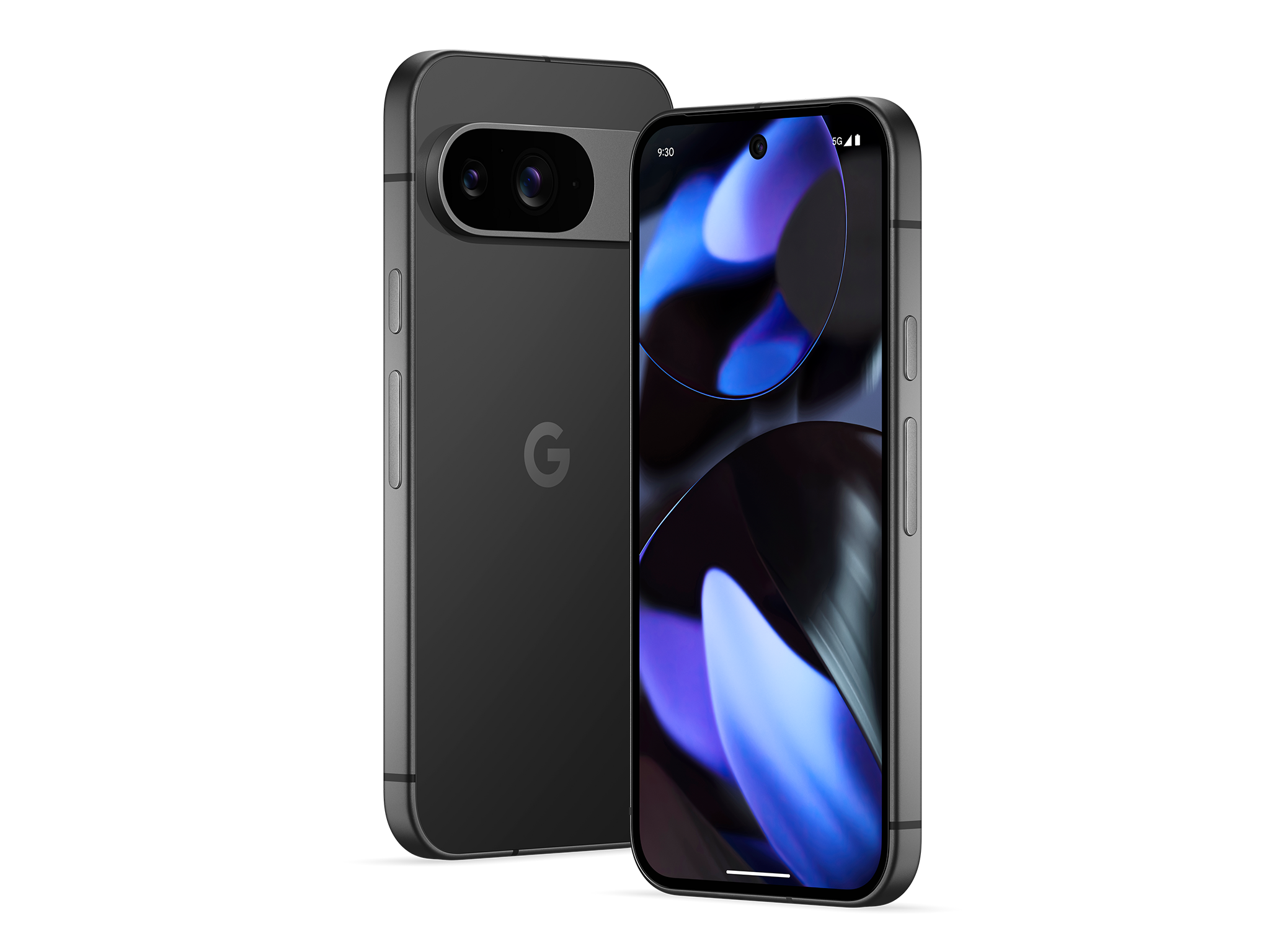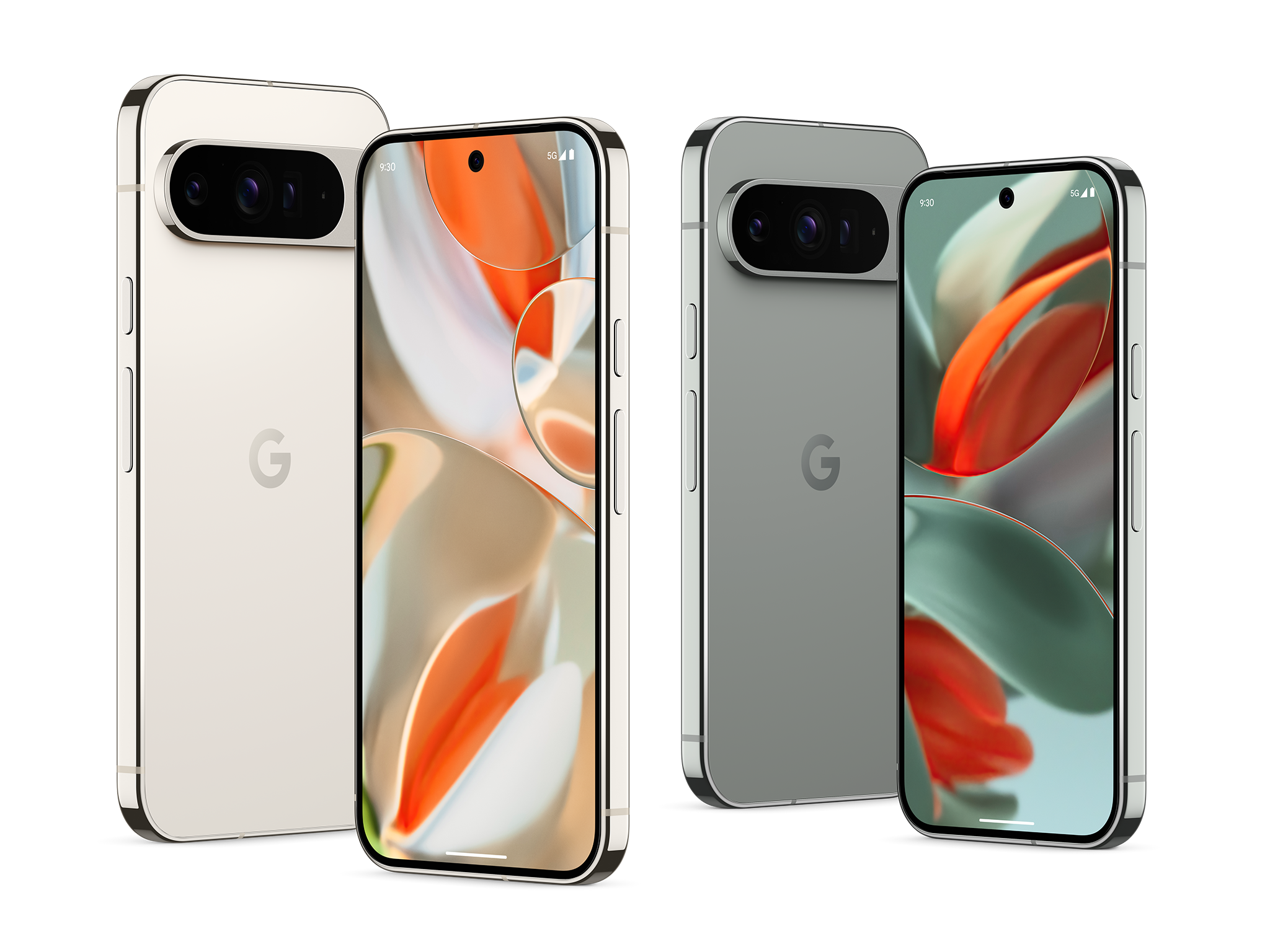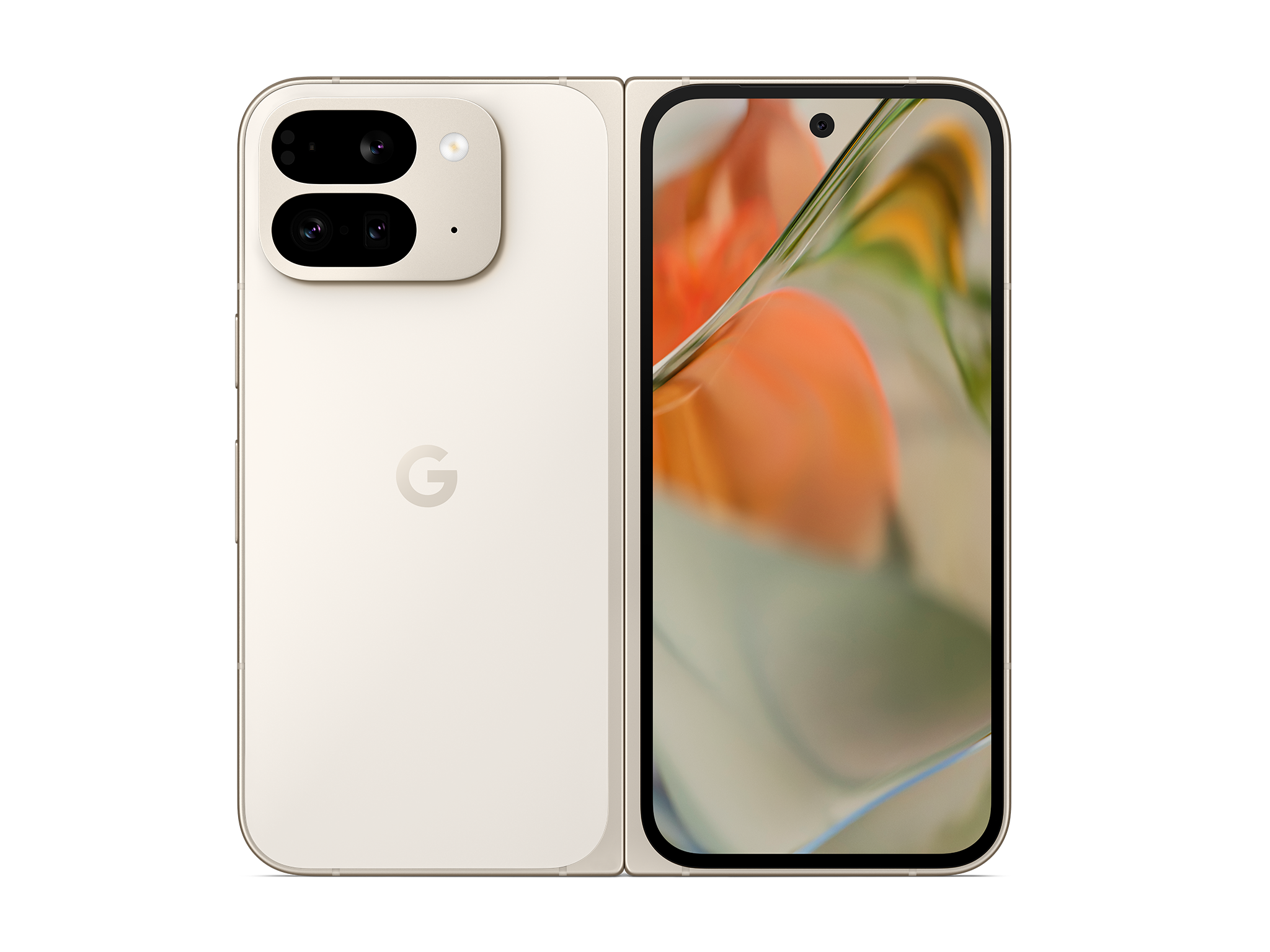Google officially revealed the new Pixel 9 series of phones at its annual Made by Google event in Mountain View, California.
The Pixel 9 starts from £799, the Pixel 9 Pro and Pixel 9 Pro XL from £999, and the Pixel 9 Pro Fold from £1,749. All four Pixel 9 phones are available to buy now.
All three of the non-folding Pixel 9 phones had a redesign this year. The full-width camera bar, which spanned the entire phone and touched both sides of the frame on the Pixel 8, has been reimagined as a traditional floating camera island.
Google says the phones are twice as durable as the previous generation Pixel, and all come with seven years of security and feature updates.
While the hardware was comprehensively leaked online ahead of the official announcement, there were still a few surprises when it came to the Pixel 9’s software. With artificial intelligence in vogue for 2024, Gemini AI was naturally the headline feature.
Read more: Google Pixel 9 Pro XL full review
The new Tensor G4 chipset not only offers performance and efficiency improvements, but is designed around Gemini Nano – Google’s on-device artificial intelligence – and “multimodal” interactions. That means the AI doesn’t just use text: instead you can share pictures, audio and speech with Gemini.
Gemini’s functionality has been expanded too. With your permission, the AI can now access your inbox, calendar, Google Drive and more to give you more useful responses. Google gave the example of snapping a picture of a festival poster and asking Gemini if you’re free on that date. Or asking it to find your CV and summarise it into a short personal statement with a single command.
To access the full capabilities of the phone, the Pixel 9 Pro comes with a free year of Google One AI Premium – the paid membership to Google that includes Gemini Advanced, 2TB of cloud storage, Nest Aware and Fitbit Premium.

The standard Pixel 9 differs from the Pixel 9 Pro in that it doesn’t have a telephoto lens, but this year it gets the same 50MP main sensor and 48MP ultrawide as the more advanced phone.
The 48MP ultrawide lens is the most significant upgrade here, a huge step up from the 12MP lens found in the standard Pixel 8. The upgrade comes with a 110 per cent improvement to light sensitivity. The front-facing camera also got autofocus this year, meaning sharper image quality in selfies and on video calls.
Google says the display is 35 per cent brighter. Battery life is also improved, and reportedly lasts 20 per cent longer during active use and 25 per cent longer with the screen off.
Like the rest of the range, the design of the base Pixel 9 has been updated to slim the bezels and make them uniformly thin on all sides. The flatter design uses a sleek matte metal finish around the frame and a polished glass rear. The phone comes in four colourways: obsidian, porcelain, wintergreen and peony.

For the first time, the more advanced Pixel 9 Pro comes in two sizes: a 6.3in version similar in size to the Pixel 8, and a 6.8in version called the Pixel 9 Pro XL, similar in size to the Pixel 8 Pro.
Besides screen size and battery size, both phones run identical specifications, so you don’t have to choose between having the best Pixel phone or the one that’s more pocket-friendly.
Both employ a triple-lens camera array with a 50MP main and 48MP ultrawide lens, plus a 48MP telephoto lens. The selfie camera has had a big upgrade this year, with a 42MP sensor, a wider field of view at 103-degrees and 30 per cent more light sensitivity for improved performance and better front-facing photos.
Google says it has redeveloped the entire camera and image-processing system around artificial intelligence – calling it the first AI-powered camera – which is in keeping with a predictably AI-heavy keynote presentation. More on that later.
Both the Pixel 9 Pro and Pixel 9 Pro XL have had an upgrade to 16GB of RAM and run on the newest Tensor G4 processor. Charging speeds are improved too, with the Pixel 9 Pro able to charge to 70 per cent in just half an hour.
The Pixel 9 Pro and Pixel 9 Pro XL is available in four colourways – obsidian, porcelain, hazel and rose quartz – and use a soft-touch matte glass on the rear and a polished metal frame.

Google launched its first-ever folding phone last year, called the Pixel Fold. While it had some rough edges, the Pixel Fold made it into our list of the best folding phones in 2024.
This year the phone has been (somewhat clunkily) rebranded the Pixel 9 Pro Fold and launches alongside the Pixel 9 range. Google touts it as the thinnest foldable on the Western market, with the largest screen of any phone too, combining a humongous 8in inner display with a 6.3in outer display.
Like the rest of the Pixel 9 range, the Pixel 9 Pro Fold gets thinner and more uniform bezels. A raft of software improvements take advantage of the phone’s unique form factor too, like YouTube multiview, which lets you watch up to four sports livestreams at once.
Voucher codes
For the latest discounts on phones and other tech offers, try the links below:
Looking for a new smartphone? We’ve rounded up the best phones from Apple, Samsung and more
